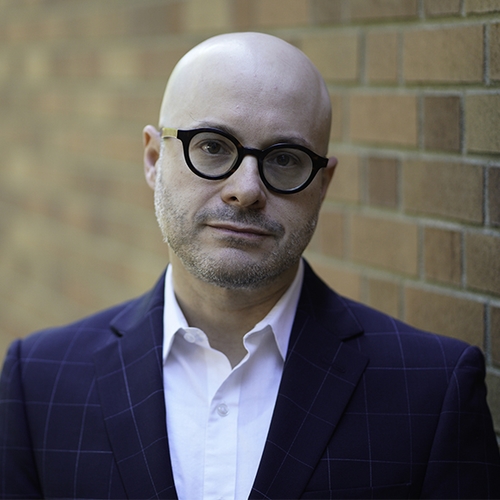
Christopher Federico
267 19th Ave S
Minneapolis,
MN
55455
Christopher M. Federico is Professor of Political Science and Psychology and Beverly and Richard Fink Professor in Liberal Arts at the University of Minnesota. He currently serves as Director of the University of Minnesota’s Center for the Study of Political Psychology and as a Vice President of the International Society of Political Psychology.
A political psychologist with interests that cross disciplinary boundaries, his research focuses in particular on the nature of ideology and belief systems, the psychological foundations of political preferences, and intergroup attitudes.
Professor Federico is the author of numerous scholarly articles, co-author (with Christopher Johnston and Howard Lavine) of the book Open Versus Closed: Personality, Identity, and the Politics of Redistribution (Cambridge University Press, 2017), and a co-editor of the volumes At the Forefront of Political Psychology: Essays in Honor of John L. Sullivan (with Eugene Borgida and Joanne Miller; Routledge, 2020) and The Political Psychology of Democratic Citizenship (with Eugene Borgida and John Sullivan; Oxford University Press, 2009).
He is also the recipient of numerous awards, including the 2007 International Society of Political Psychology Erik Erikson Award for Early Career Achievements, the 2007 International Society of Political Psychology Roberta Sigel Junior Scholar Paper Award from, the International Society for Justice Research’s 2009 Morton Deutsch Award, and the 2018 International Society of Political Psychology David O. Sears Book Award for the book Open Versus Closed.
He received his Ph.D. in 2001 from the University of California, Los Angeles.
Educational Background
- Ph.D.: Social Psychology, University of California, Los Angeles, 2001
- M.A.: Social Psychology, University of California, Los Angeles, 1996
- B.A.: Psychology, University of California, Berkeley, 1995
Specialties
- political knowledge
- political psychology
- race and politics
- ideology and belief systems
- quantitative methods in the social sciences